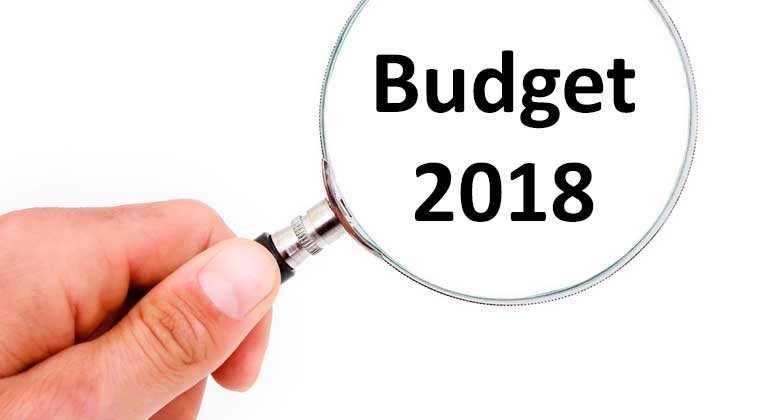So, what’s Phil done for you?
It’s been a couple of weeks now since the Chancellor delivered his budget speech, confidently announcing an end to austerity and outlining the government’s spending plans for the coming year along with a range of supporting tax and other measures.
Generally, the speech was well received although it has been pointed out that, should the assumption of an orderly Brexit fail to materialize, Mr. Hammond may need to return in January with an Emergency Spring Budget. We’ll leave that for then though :-)
For now, with the politics over and the dust settled, let’s take a look at the key aspects of the Chancellor’s statement for smaller business owners working our way down a typical P+L (sales -> cost of sales -> employment costs / overheads -> taxes) and starting with:
VAT
With Making Tax Digital for VAT on the horizon, the Chancellor saw little reason to rock the boat further, so it was good news here and a case of a few minor changes and a decision to hold the VAT registration threshold at £85,000 for a further 2 years until March 2022.
* Arguably one of the most significant changes to recent VAT law. See our recent blog.
Employment costs – IR35
The infamous IR35 rules have been around for a while now.
As always, their purpose is to ensure that, where a person providing services to a client is in substance acting as employee, tax (i.e. income tax and NI) is not avoided by that person providing the services through an intermediary such as a Personal Service Company.
In his Autumn Statement, the Chancellor shifted responsibility for applying the IR35 rules in the private sector from the intermediary to the client with effect from April 2020 (albeit with a yet to be fully explained exemption for small and medium sized businesses).
This is a potentially significant issue for many businesses in today’s gig economy, as with responsibility for applying the rules come the risks of not applying them correctly. Watch this space for more information …
Employment costs – NI – Employment allowance
Some more good news here: The Chancellor restricted this helpful allowance from April 2020 but only for businesses whose employer NIC liability in the prior year in excess of £100,000.
Corporation tax
The Chancellor confirmed that the rate of corporation tax will reduce from the current 19% to 17% from April 2020.
Dividend allowance
The dividend allowance is the threshold above which you may have to pay tax on dividends you have received from companies in which you own shares. The Chancellor announced no change to the current tax-free allowance of £2,000.
Entrepreneur’s relief
And finally Entrepreneur relief.
This valuable relief encourages entrepreneurs by helping them reduce the tax payable on gains on the disposal of certain qualifying business assets. Its origins lie in a desire to help business owners many of whom rely on their businesses to fund their retirement.
In recent years, the Chancellor has come under pressure to abolish this relief which carries a high cost to the government. However, good news again as the Chancellor confirmed in the budget that he will be retaining the relief albeit tightening the rules considerably.
All in then a pretty safe budget really with no clangers dropped.
If are unsure about the impact any of this might have on your business or need any more information, drop us a line on 01225 585 756 or email us at [email protected]. We would love to help.





